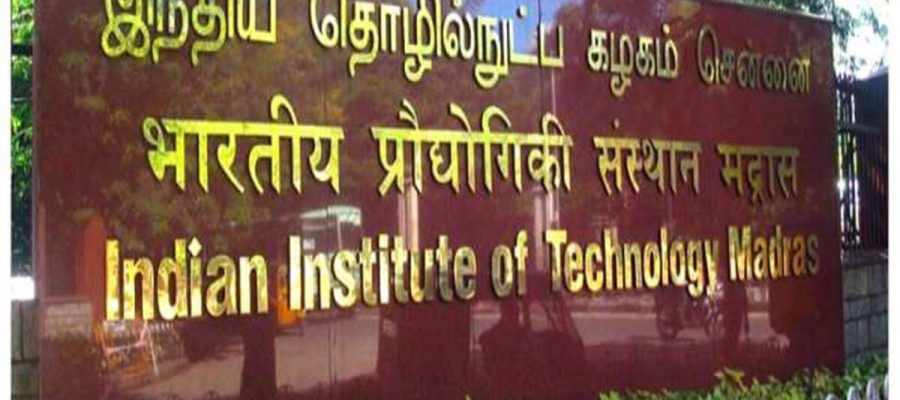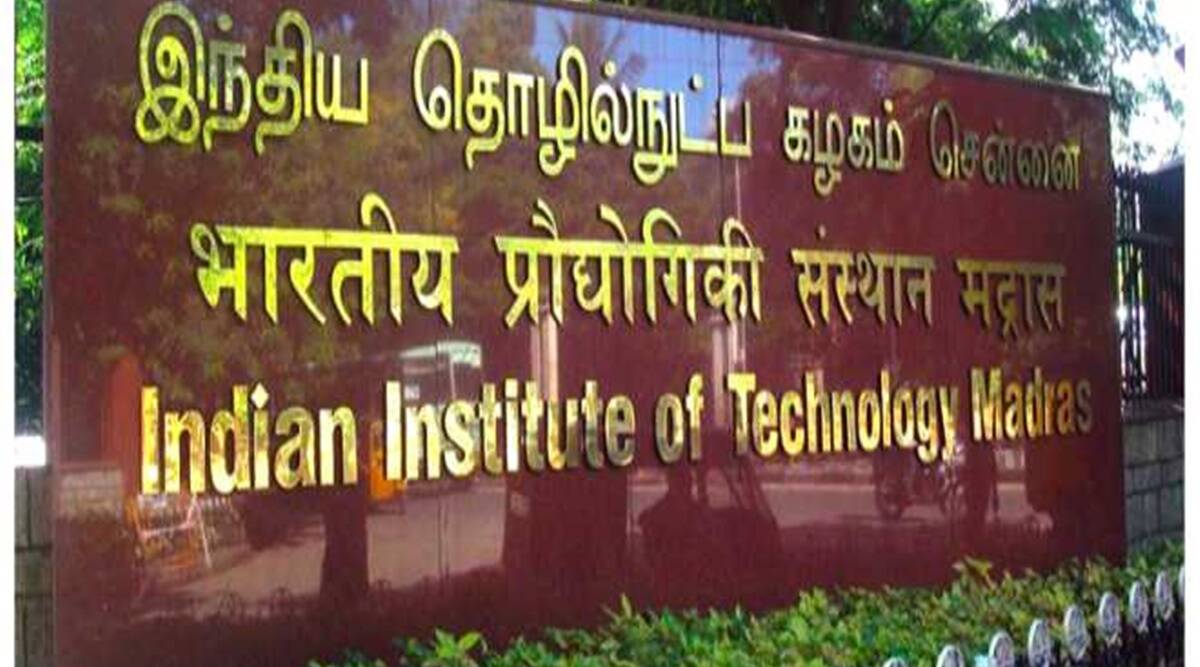The Quantum Computing Lab courses jointly taught by IIT Madras faculty and IBM researchers will include hands-on lab sessions on the IBM quantum systems and will augment existing courses on quantum information and computing.
The Indian Institute of Technology (IIT), Madras has collaborated with IBM on quantum computing education and research. The institute’s faculty, researchers, and students will get access to IBM’s quantum systems and tools over IBM Cloud to accelerate joint research in quantum computing, and develop curricula.
The Quantum Computing Lab at IIT Madras will host courses for undergraduate and postgraduate students. The Quantum Computing Lab courses jointly taught by IIT Madras faculty and IBM researchers will include hands-on lab sessions on the IBM quantum systems and will augment existing courses on quantum information and computing. IBM will provide the learning resources, tools, and systems access needed by the faculty and students.
Gargi Dasgupta, director, IBM Research India, said, “Quantum computing is fast emerging as one of the disruptive technologies of our times. This collaboration with IIT Madras is part of the IBM Quantum Educators program that helps teachers in the quantum field connect with one another and provide learning resources, tools and systems access they need to provide quality educational experiences.”
Anil Prabhakar, Department of Electrical Engineering, IIT Madras, said, “Quantum computing offers us the opportunity to solve computationally intractable problems. We have played a leadership role in the indigenous development of quantum key distribution (QKD). Such QKD protocols form the building blocks for quantum networks that will secure our communications, and also enable new paradigms such as photonic quantum computing and distributed and blind quantum computing.”
The IIT Madras had also introduced the Interdisciplinary Dual Degree (IDDD) programme on Quantum Science and Technologies (QuEST) in July 2020.
Source: Read Full Article


